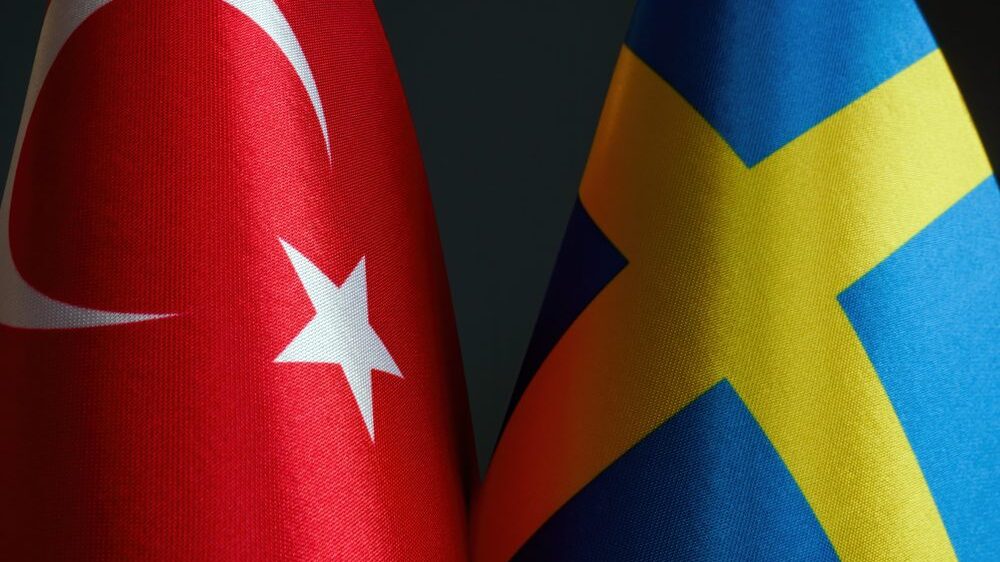
In what appears, on its face at least, to be an act of retribution for Sweden’s refusal to extradite some individuals deemed by the Turkish government to be terrorists, Turkey, which continues to block Sweden’s accession into NATO, has refused to extradite one of Sweden’s most wanted criminals—a notorious drug kingpin suspected of involvement in bombings, shootings, and murders.
36-year-old Rawa Majid, known as “the Kurdish Fox,” has long been one of Sweden’s most wanted criminals, for serious drug offenses, and for ordering several acts of violence, which allegedly were part of a power struggle with a rival drug kingpin. Today, after having secured himself a Turkish passport under the government’s investment-for-citizenship scheme, he is residing in Turkey and—at least for now—is out of the reach of the Swedish justice system.
“An extradition of Rawa Majid from Turkey has been requested,” Swedish public prosecutor Henrik Söderman said, adding: “Turkish authorities have said that the extradition is not possible because Rawa Majid is a Turkish citizen.”
Majid, originally born in Iran, relocated to Uppsala, some 70 kilometers north of Stockholm, with his mother and father when he was a child, according to a report by the Swedish state broadcaster Sveriges Radio.
In 2010, he was sentenced to eight years in prison for drug offenses, including the handling of cocaine imported from the Netherlands. Shortly after his release in 2018, facing a multitude of death threats, Majid was allowed by authorities to leave Sweden. He went on to travel to Iraq and then Turkey, and since the summer of 2020, he has been a permanent resident abroad and wanted internationally.
Now, with Majid controlling much of the drug trade from his refuge in Turkey, Sweden’s center-right coalition is especially keen to have him extradited, primarily to send a clear signal to voters that they’re serious about fighting the country’s out-of-control gang problem.
Sweden’s request to extradite Majid represents a notable role reversal for Sweden and Turkey and comes as Swedish courts have been parsing through Turkey’s own extradition requests, per the three-way agreement struck at the NATO summit in Madrid last June between Sweden, Turkey, and Finland which sought to overcome Ankara’s objections to the two Nordic nations joining the military alliance.
Sweden is fully aware that if it pushes Turkey too hard it could further damage its chances of NATO accession. Therefore, the next-to-impossible task in front of the Swedish government is to strike a balance between pursuing its highest priority domestic issue—confronting violent crime—and its highest priority foreign policy issue, joining NATO.
